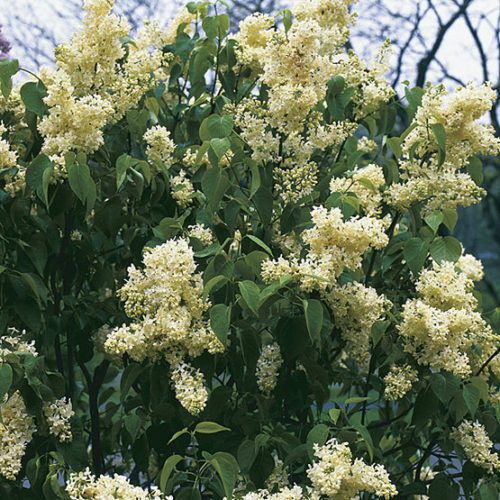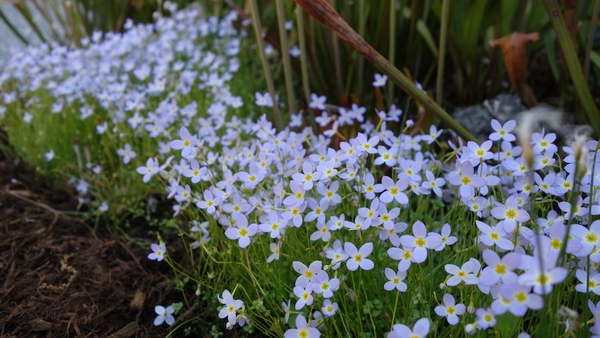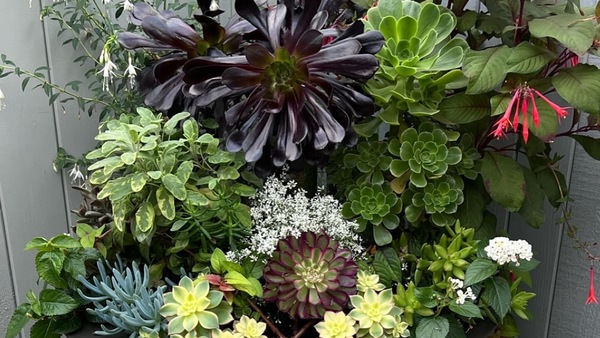
This unique cultivar bears slightly fragrant, creamy yellowish blossoms in midseason. It forms a shrub 12 feet high by 8 feet wide.
Noteworthy CharacteristicsLilac flowers are beloved for bouquets, and when they are in bloom, hummingbirds and butterflies are drawn to them. Lilacs are generally a forgiving bunch, tolerant of roadside sites and neglect.
CareGrow in reasonably fertile, well-drained soil in full sun; prefers neutral to slightly alkaline soil. Promptly deadhead spent blossoms to produce more robust blooms for the following year. Prune lightly, or renovate in late winter or early spring to maintain a healthy framework, remembering that most species form flowers the previous season. Plant in areas with good air circulation to thwart disease. Because lilacs are fire retardant, they can be considered for planting near homes that are susceptible to wildfires. Most lilacs require a period of chilling dormancy.
PropagationTake softwood cuttings or layer in early summer. Graft in winter; bud in summer.
ProblemsPowdery mildew, dieback, leafroll virus, mycoplasma-like organisms (MLO), root knot nematode, verticillium wilt, witches' broom, bacterial leaf spot, anthracnose, borers, scale, caterpillars
- Genus : Syringa
- Plant Height : 10 to 15 feet
- Zones : 3, 4, 5, 6, 7
- Plant Width : 6 to 10 feet
- Characteristics : Attracts Hummingbirds, Cut flower, Fragrant Flowers
- Uses : Color, Foundation Plantings, Front Yard, Sun
- Light : Full Sun to Partial Shade
- Foliage Color : Green
- Maintenance : Low
- Moisture : Medium Moisture
- Growth Rate : Moderate
- Plant Type : Shrubs
- Bloom Time : Spring
- Plant Seasonal Interest : Spring Interest
- Flower Color : Yellow



























